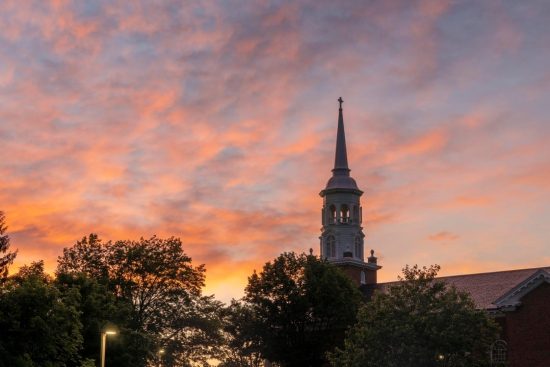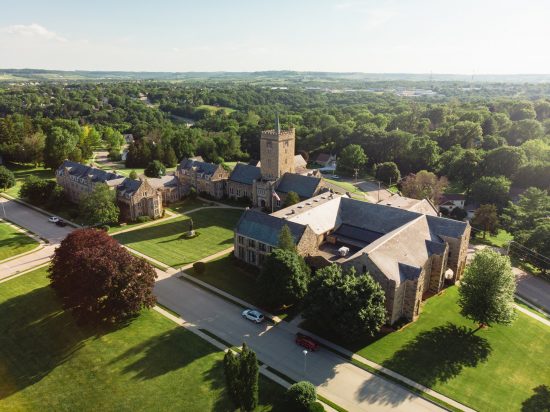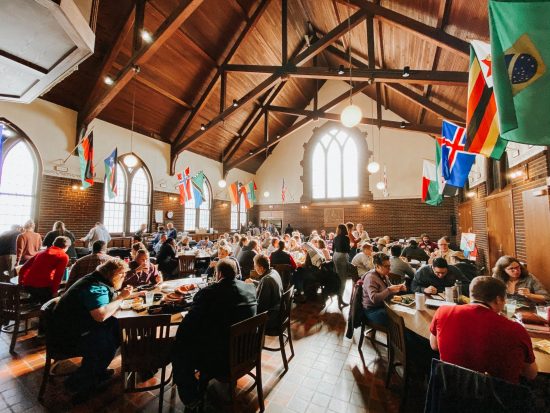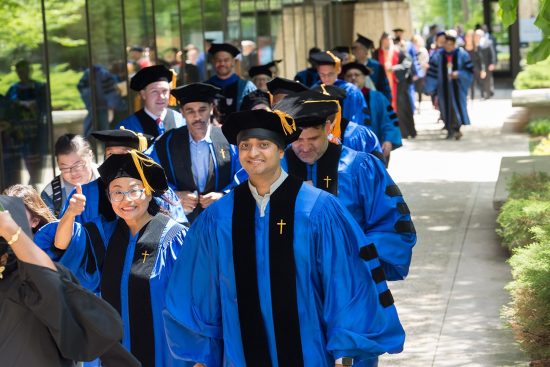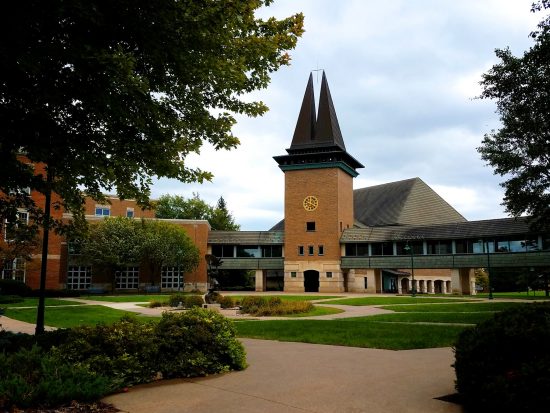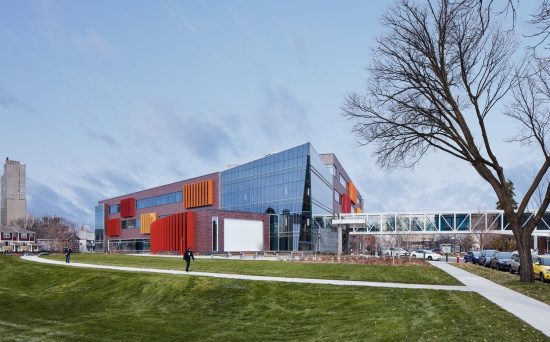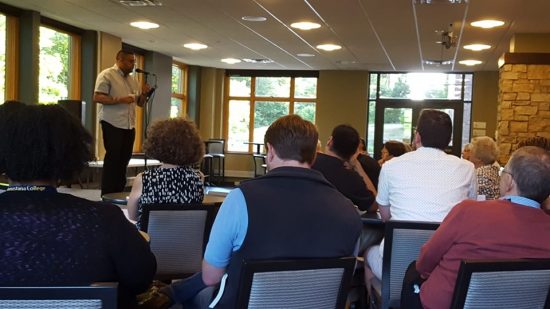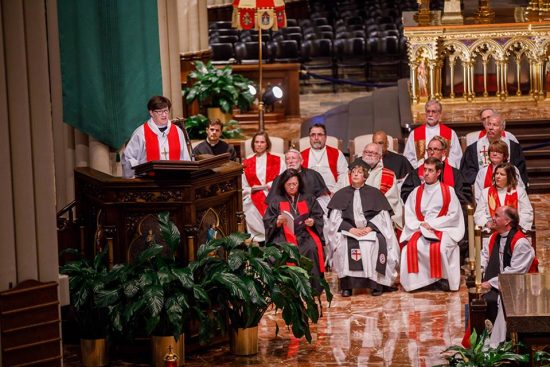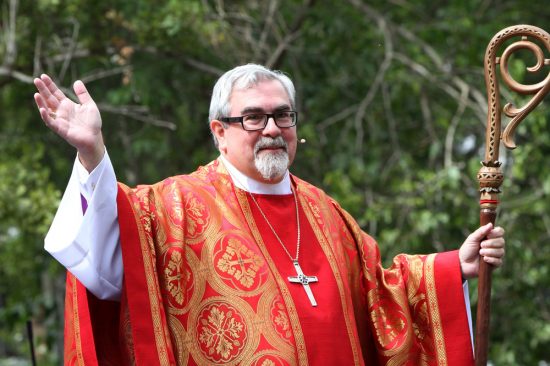Tim Snyder is Senior Researcher at the Lewis Center for Church Leadership and Visiting Assistant Professor of Practical Theology at Wesley Theological Seminary in Washington, DC. He is currently chair of the Steering Committee.
Our colleagues at United Lutheran Seminary have announced two faculty searches — one in Systematic/Constructive Theology and the other in Public Theology: Position in Systematic/Constructive Theology United Lutheran Seminary seeks applicants for a full-time, tenure-track position in Systematic/Constructive Theology, beginning July 1, 2021. The position is open in rank. The initial appointment is for three…
Our colleagues at Wartburg Theological Seminary are pleased to announce the following faculty search: Assistant Professor of Homiletics The Assistant Professor of Homiletics has primary responsibility for required preaching courses. In addition to electives, the professor will also contribute to the collective work of a highly collaborative theological faculty, including team-taught courses designed to promote…
Our colleagues at Wartburg Theological seminary have recently launched a search for a tenure-track position in Hebrew Bible. Position in Hebrew Bible Wartburg Theological Seminary—a vibrant, innovative, and growing seminary—is seeking an Assistant Professor of Hebrew Bible to teach as a member of a highly collaborative theological faculty. This position requires commitment and skill in…
This past August, the ELCA Churchwide Assembly authorized the development of a Social Statement on Church and Government. Our colleagues with the Presiding Bishop’s Theological Discernment Team have begun the process that will lead to a proposed Social Statement and now invite participation — especially among teaching theologians, ethicists, lay experts, and other leaders. The ELCA…
Our colleagues at The Lutheran School of Theology at Chicago (LSTC) welcome applications and nominations for a tenure-eligible position in Lutheran systematic theology with an expertise in global Lutheranism, at the assistant or associate rank. For details, see https://www.lstc.edu/about/resources/employment, or contact Dr. Mark Swanson, chair of the search committee, at STsearch@lstc.edu. +++ Position in Lutheran…
Our colleagues at Wartburg College have passed along the following open search for a faculty position (assistant/associate rank) in the area of ethics. See the position description below. Online Posting here. +++ POSITION: Assistant/Associate Professor of Religion/Board of Regents Distinguished Professor of Ethics DEPARTMENT: Religion & Philosophy STARTING DATE: Fall Term 2020 TIMELINE: Screening of applications begins immediately and…
Augsburg University seeks a creative and visionary leader who will steward the vocation of an institution that is guided by “the faith and values of the Lutheran church” and committed to educating students to be “informed citizens, thoughtful stewards, critical thinkers, and responsible leaders.” In addition, the Chair will advance the university-wide priorities of social…
Photo: Pastor Lenny Duncan’s Book Talk. Photo By Bill Gohl, Used with Permission. Dietrich Bonhoeffer opened Discipleship with the stark but subtle distinction between costly grace and cheap grace. Some since Martin Luther’s proclamation of free grace have wanted to understand God’s grace apolitically—that is, as God’s unmerited regard for an individual regardless of the…
Job Context Information Under general direction of the executive, this position works within a newly developed team which embraces work of theological reflection and discernment; social justice; and ecumenical and inter-religious engagement. Job Purpose This position has special responsibility for helping to envision and implement new patterns, methods and directions in a fast-changing religious environment.…
This article first appeared at LivingLutheran.org. One of the Reformation’s ambitious goals was to create an educated clergy. Both Protestant and Catholic reformers shared this goal, but the methods they chose varied somewhat: Protestants relied on the educational systems available to them, mostly universities; each Catholic diocese was expected to have its own “seminary”—a “seedbed” for…


